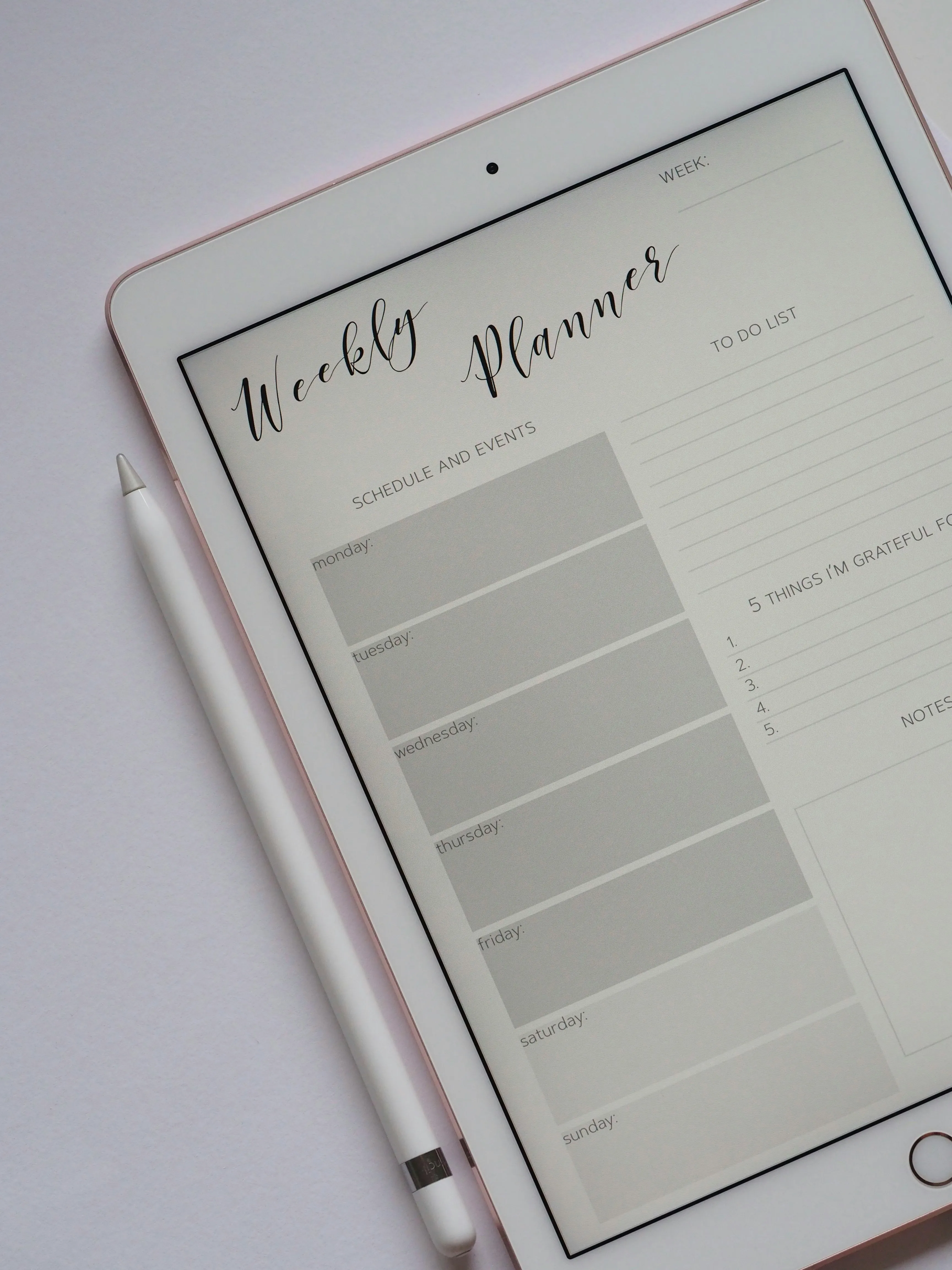
77.32% of parents see better grades in 3 months!
Scoring 100% in math takes skills.
Playing a guitar takes skills.
Batting a home run takes skills.
And surprisingly enough, studying for school and academic growth also takes skills. Who knew!
Whether your child is prepping for a big exam or trying to keep up with daily assignments, studying plays a huge role in accomplishing these tasks. Some children study well in class, following the teacher’s word, while others prefer studying while hanging upside down on a tree. This shows that each child is entitled to study in their own way to achieve the best results. While it is always best to allow children to study in their own manner, there are definitely ways to improve their study skills.
This is where parents come in. Parents can’t teach their child to study in a certain manner, but they can enhance their study skills so that their academic performance can have the biggest impact.
How? Here are Mentor Match’s top five steps to help your child study smarter and enhance their skills:
1. Create a Study Plan
A well-structured study plan is essential. Break down your child’s subjects into several sections or topics and allocate a time limit to finish studying each one. Easier topics can have less time compared to the more difficult ones. This ensures the child covers all the material in their curriculum and stays organized. It also keeps them from being overwhelmed with the amount of material they have to study.

2. Optimize the Environment
Studying will always be quite difficult if the environment is not accommodating. A quiet, well-lit spot that isn’t too flashy is ideal. A calm atmosphere helps one concentrate. If your environment is chaotic, then the mind will be chaotic as well. Avoid distractions and interruptions by setting up a calm, soothing environment for your child.
Here’s what you can do to make sure your child has the ideal study environment:
Corner it: Find a quite corner in your home that does not invite a lot of noise.
Color it: Paint it with soothing colors. White or shades of white may seem soothing but they can easily become boring and make the child drowsy. Use a lighter shade of green or teal. You can also hang motivational quotes in frames if you think it’ll help.
Equip it: Fill the corner with the necessary furniture like a simple desk, a chair, a study light, a clock, drawers to keep the stationary and more.
3. Engage in Active Learning
The content in your child’s book can be fun when you make it fun. When children open their subject book, the content often looks like hieroglyphics, which can cause their learning spark to diminish. However, if you help them understand the content better by asking them to summarize, take notes, teach it to you or their friends, or practice hands-on learning, they’ll not only understand but also be eager to learn.
Here are Mentor Match’s hacks to engage in active learning, which you will find in their one-on-one sessions, being used by tutors efficiently:
Become the Student: Explain atopic to your child. Encourage them to take notes. Once they have, ask them to refer to those notes and teach you the same concept. Make them the teacher and be their student to gauge how much they’re understood.
Flashcards: Children have been using flashcards to study for an incredibly long time and it’s one study hack that never goes out of fashion. Spend an hour or two with them to create flashcards about difficult topics and help them understand the topic for better retention.
Storytelling: Some assume that history is the only subject that uses storytelling but they couldn’t be more wrong. The deeper you learn about subjects like science and math, you realize that they are indeed a bunch of stories that could be conveyed in a simpler and entertaining way to help the child remember. So, do engage in storytelling their subjects.

4. Practice with Past Exams
It’s always best to take a test using an old question paper before heading to the examination room. Parents, familiarize yourself with the format and model of the exam. Try to recreate an exam-like setting in your home to help your child relax. Set a duration for the test. It could be as same as the duration in the original test or you could chop off a few minutes to ensure they get used to it, and have additional time during the test to review their answers before they hand it over. This helps identify areas where they need more practice and also eases their anxiety before the big day.
5. Incorporate Physical Exercise
As important as studying is, it’s also important to take a break and focus on improving physical health. A well-functioning body keeps the mind sharp. No, you do not need to get your child a gym membership, but take them on walks outside without electronic devices. A brisk walk, hiking, cycling around the neighborhood, or enjoying activities in the park keeps them physically fit.
It also offers the necessary distraction and declutters their mind, opening it up to take in new information with more clarity.
By following these steps, you can help your child develop effective study habits that lead to improved study skills, better academic performance, and reduced stress. Find what works best for your child and stay consistent with your efforts.
At Mentor Match, our tutors are always focused on bringing out the best in every student through1-on-1 personalized tutoring. Explore which program works best for your child, enroll them, and watch the difference we make.



.png)
.webp)
.webp)